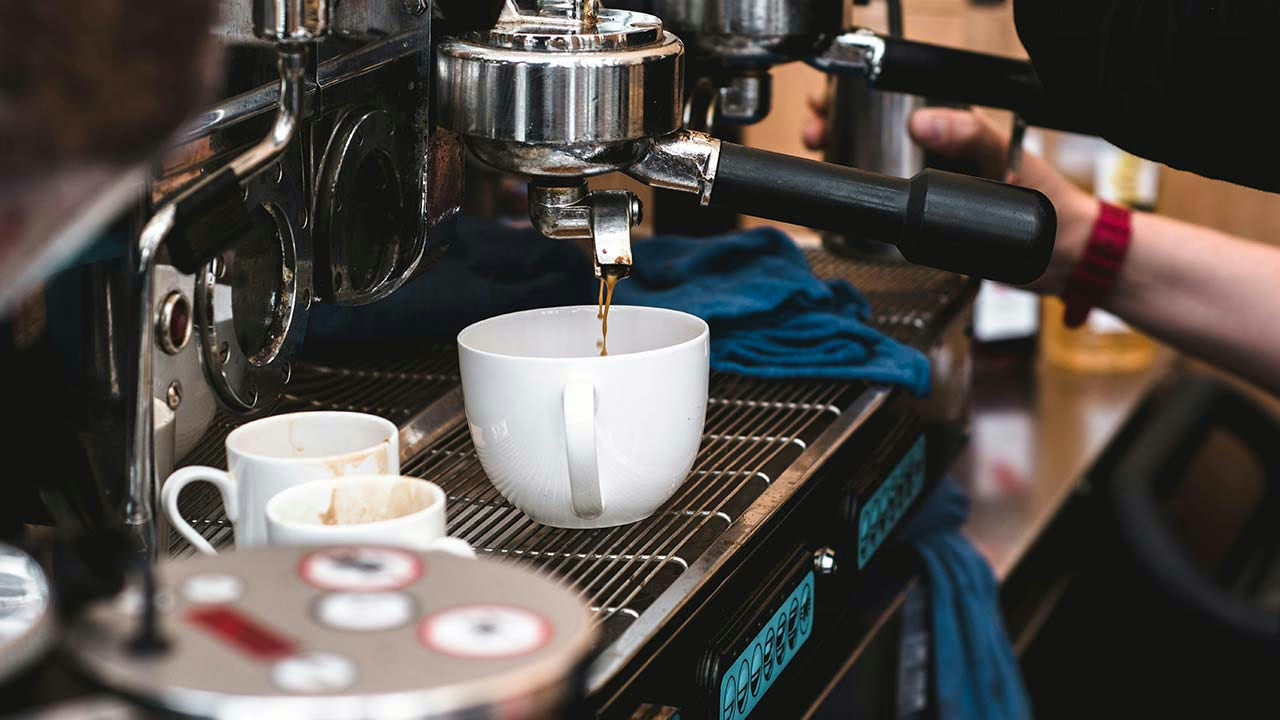UConn Study Unveils Discrepancy in CBD Levels in Brewed Coffee
Summarize

University of Connecticut researchers found that the amount of CBD (cannabidiol) in brewed coffee can be 70-80% less than what the label indicates it contains. Two coffee brands were tested using high-pressure liquid chromatography (HPLC), and similar results were demonstrated. The reason is that CBD is hydrophobic and does not bind to the water used to make coffee.
CBD oil is added to coffee grounds during production. CBD is hydrophobic, which means it repels water. When brewing coffee with water, not enough CBD is extracted into the brewed coffee to make it bioavailable. There is also an issue with CBD oil not being evenly distributed throughout the grounds, creating variations among samples. The experiment results showed that brewed coffee contained less than 70-80% of the CBD indicated on the package labeling.
Student experimenter Colby LeGault said,
“[Almost] nothing is showing up in the result when you brew the coffee. We found that these companies are marketing their products as containing this much CBD. While that may be true at some point in the process, it’s not a bioavailable form upon brewing.”
The lack of CBD content in beverages has been investigated in other studies. For example, a 2024 study published in the Journal of Agricultural and Food Chemistry tested the content of CBD in tea using three different cannabis cultivars. One gram of dried cannabis flower was boiled in 250 ml of water for 10 minutes. The testing included tea with and without 20 grams of cream with 10% fat. The results found that phytocannabinoid acids transferred more than the cannabinoids. THC tested at .1-1.9% content. Adding cream increased the amount of THC in the tea to 53-64%.
CBD products are not government-regulated, so the labeling on some products may not be accurate. The researchers emphasized the need for mandatory third-party testing and consumer protections to ensure product labeling accuracy and product consistency. LeGault said,
“If a company isn’t directly sending their products to food scientists and third-party testing labs, it is extremely likely that consumers are going to have inconsistencies in products. I think it’s important that we put an emphasis on quality control for these products. Especially as people are putting them in their bodies.”
This experiment shows the complexity of matching CBD labeling to the final product consumed. Given the potential discrepancies in CBD levels, consumers are advised to exercise caution and only purchase CBD products from reputable brands that provide a Certificate of Analysis (COA). This empowers consumers to make informed decisions about the products they consume.
Share this post


Joseph
You can always add a cbd tincture to your tea or coffee and take tge edge off the caffeine. There are also cbd energy drinks that I find great. Energy without the jitters